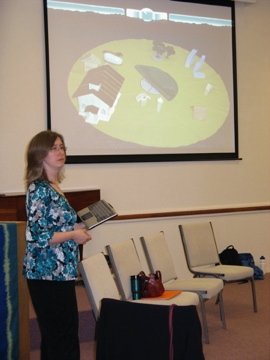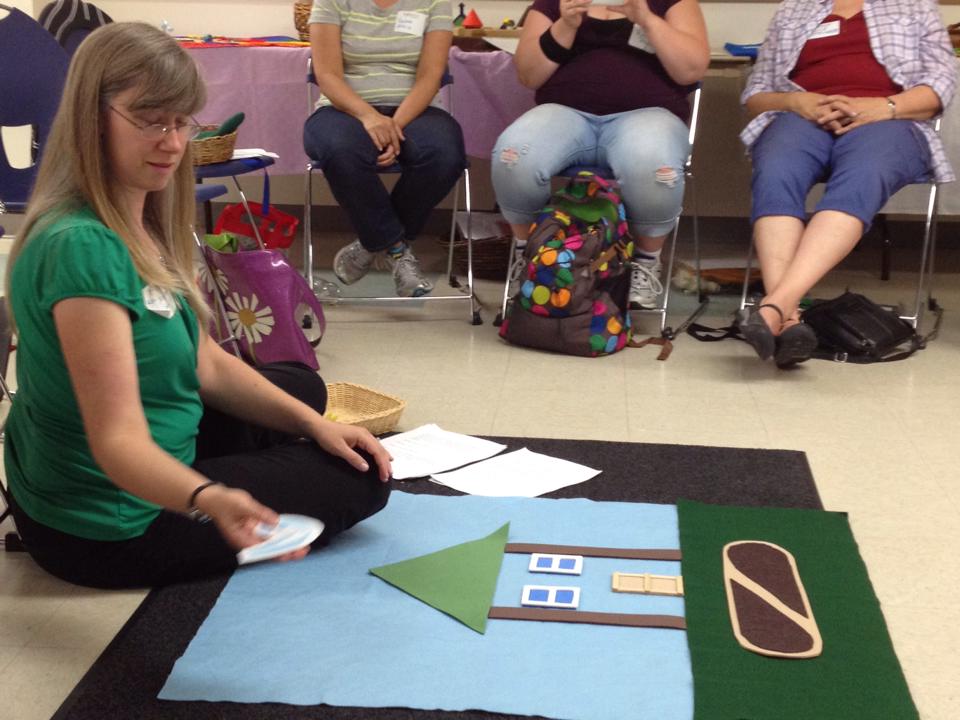Thoughts on Ministry
Rev. Jennifer Innis
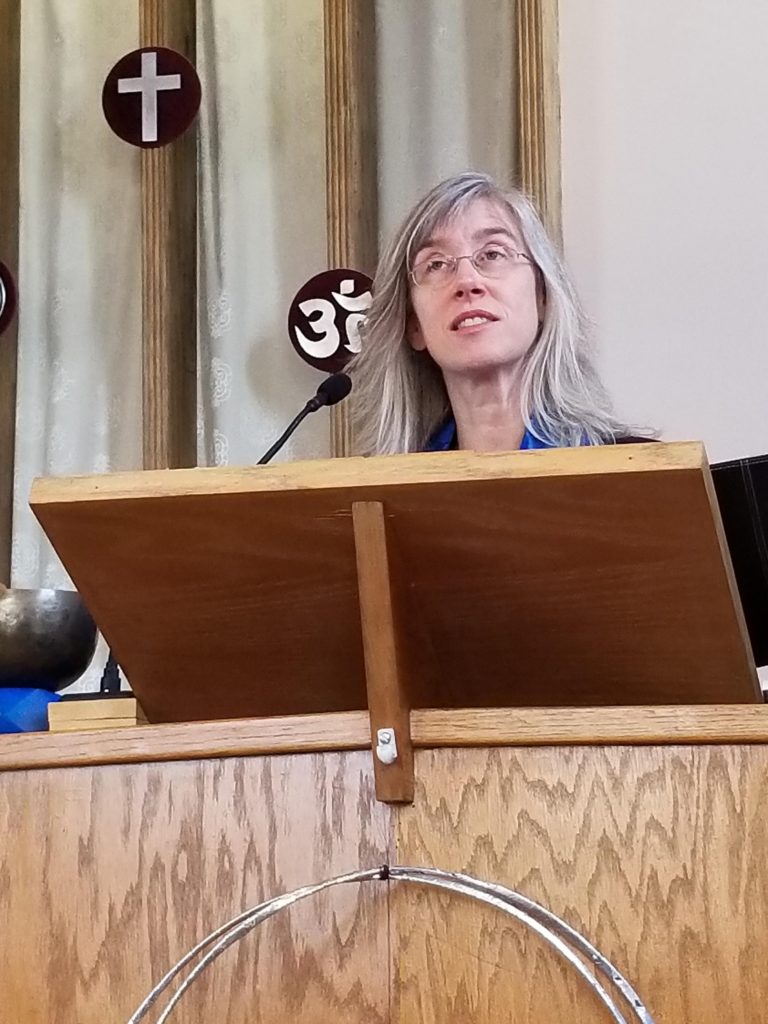
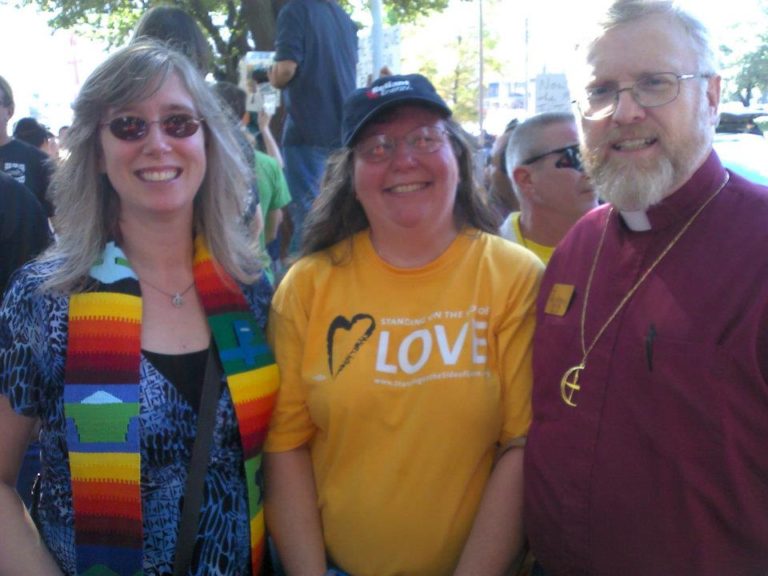
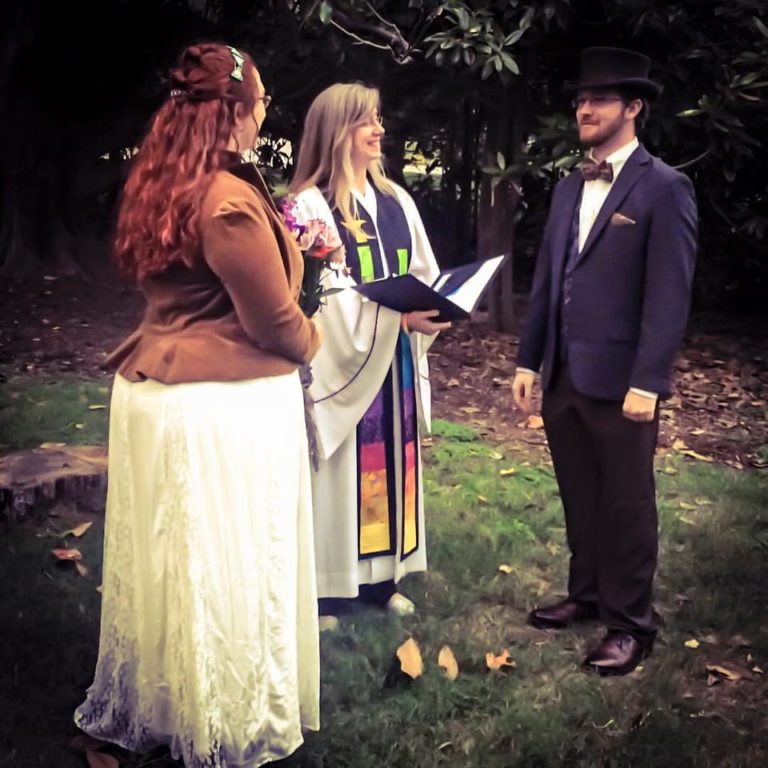
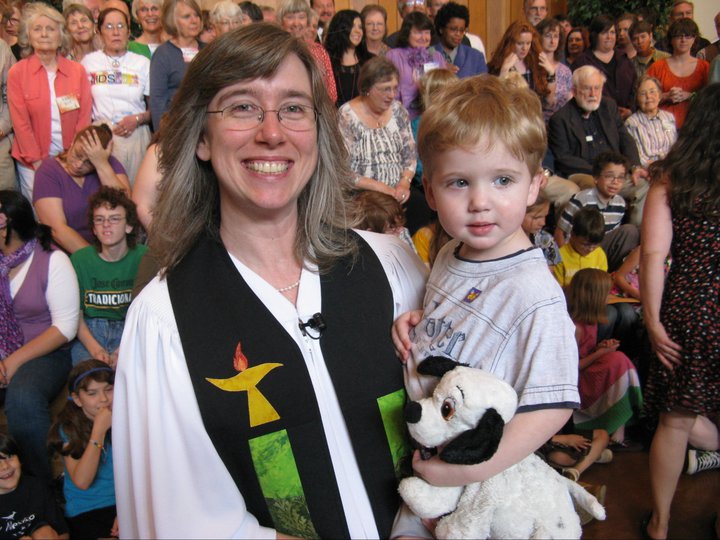
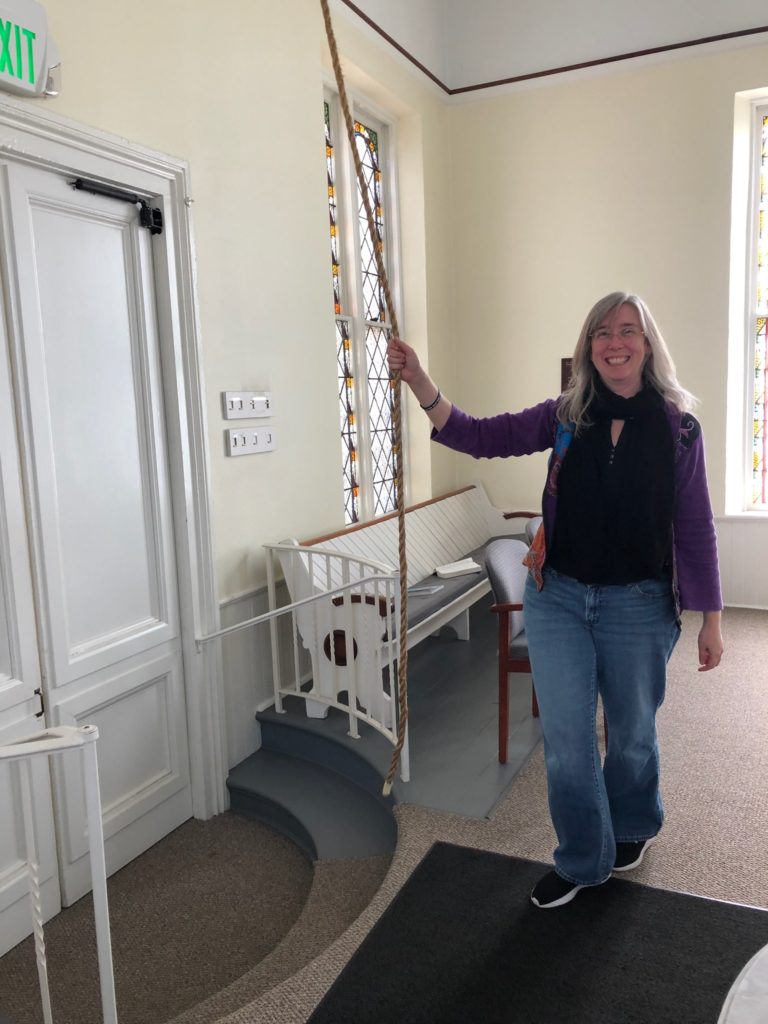
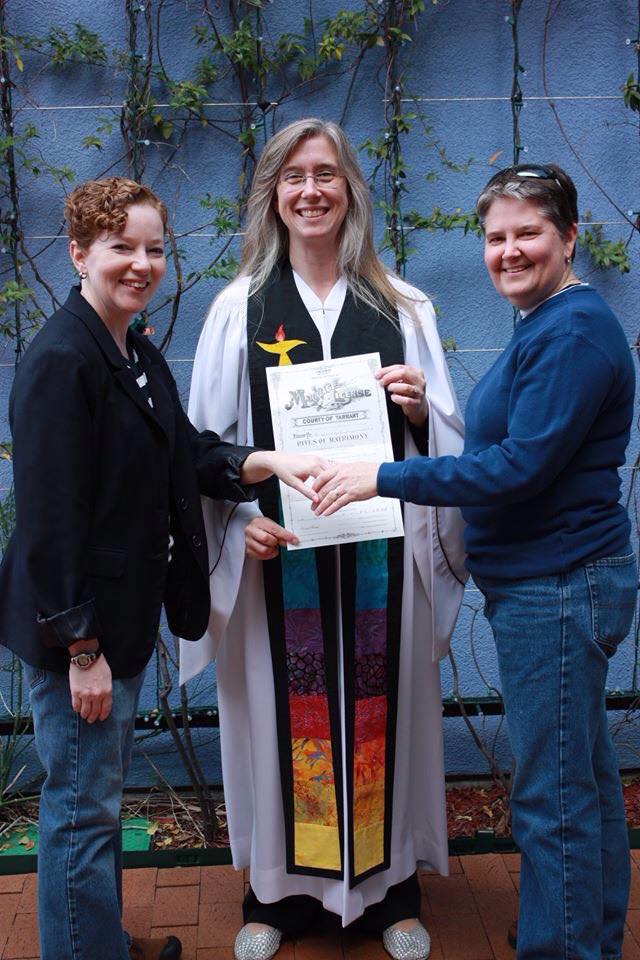
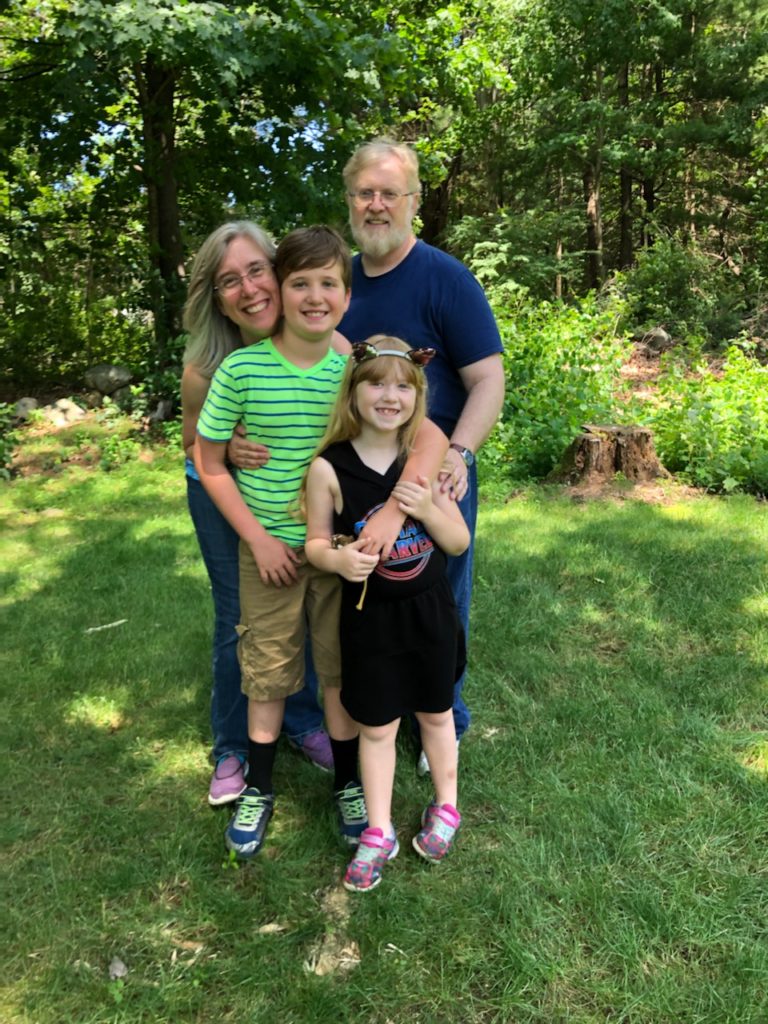
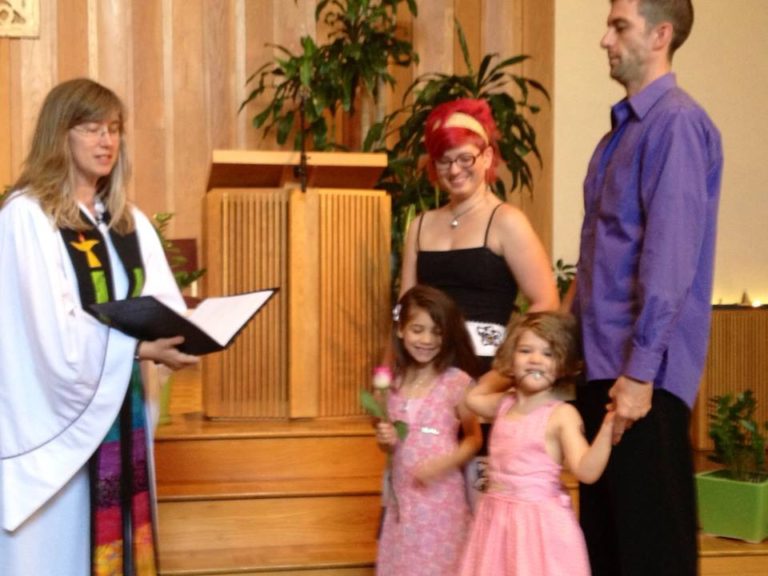
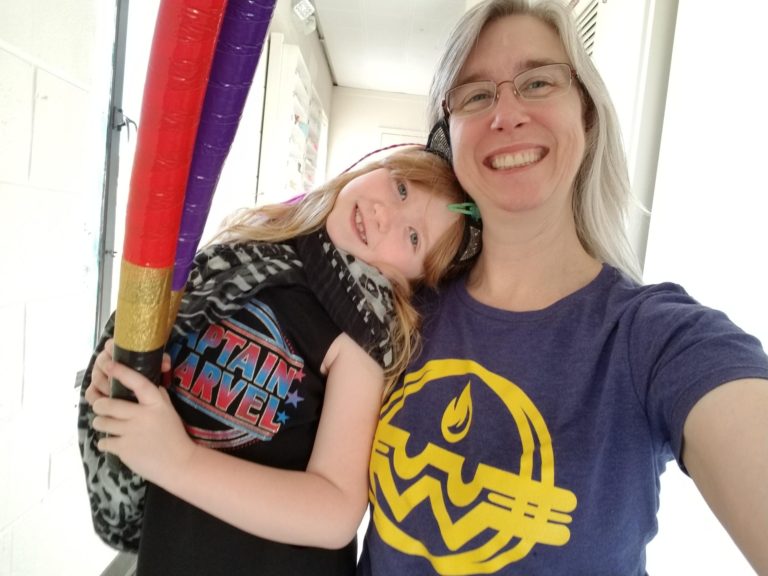
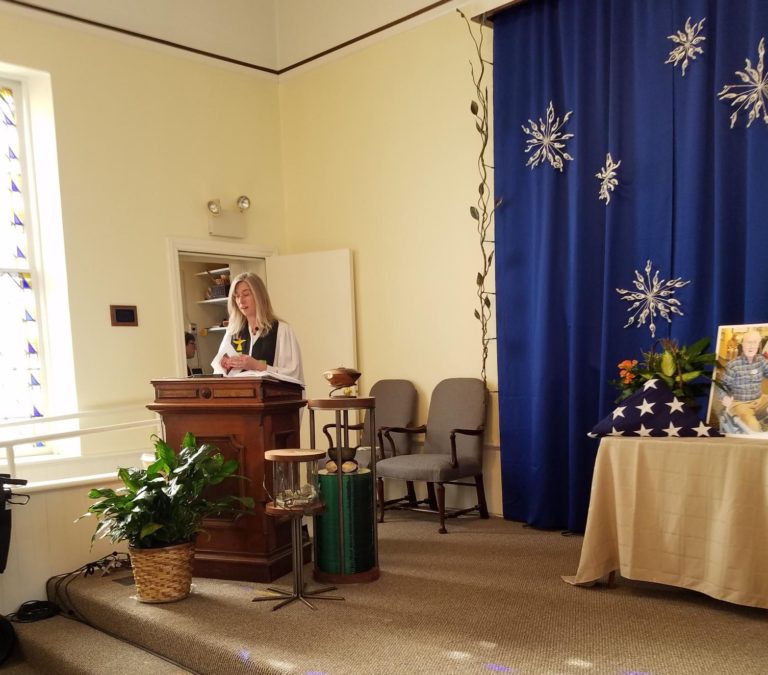

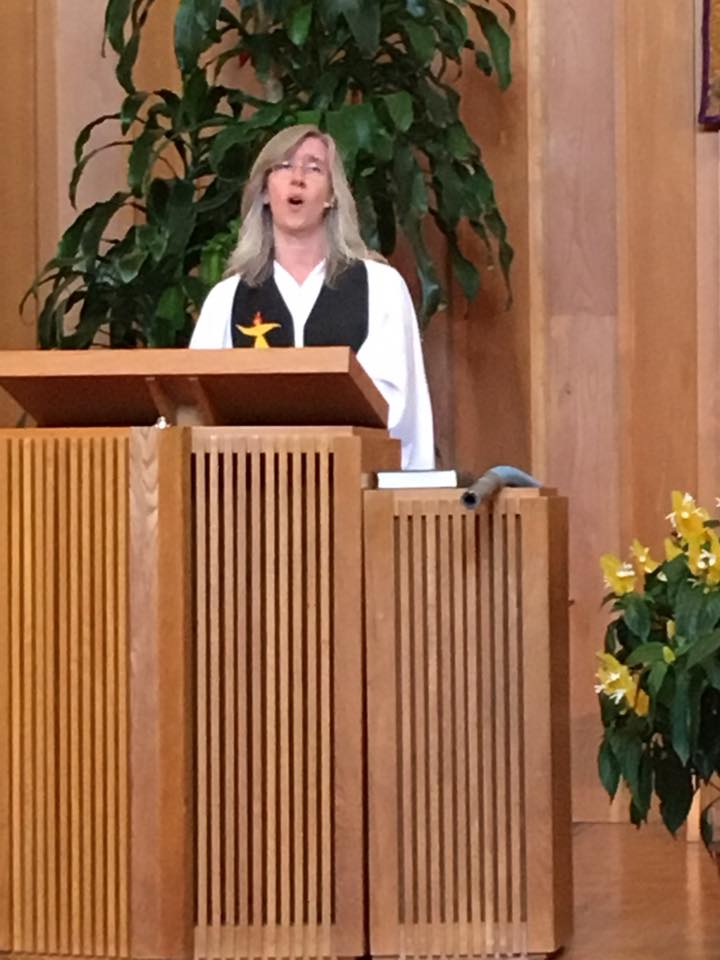
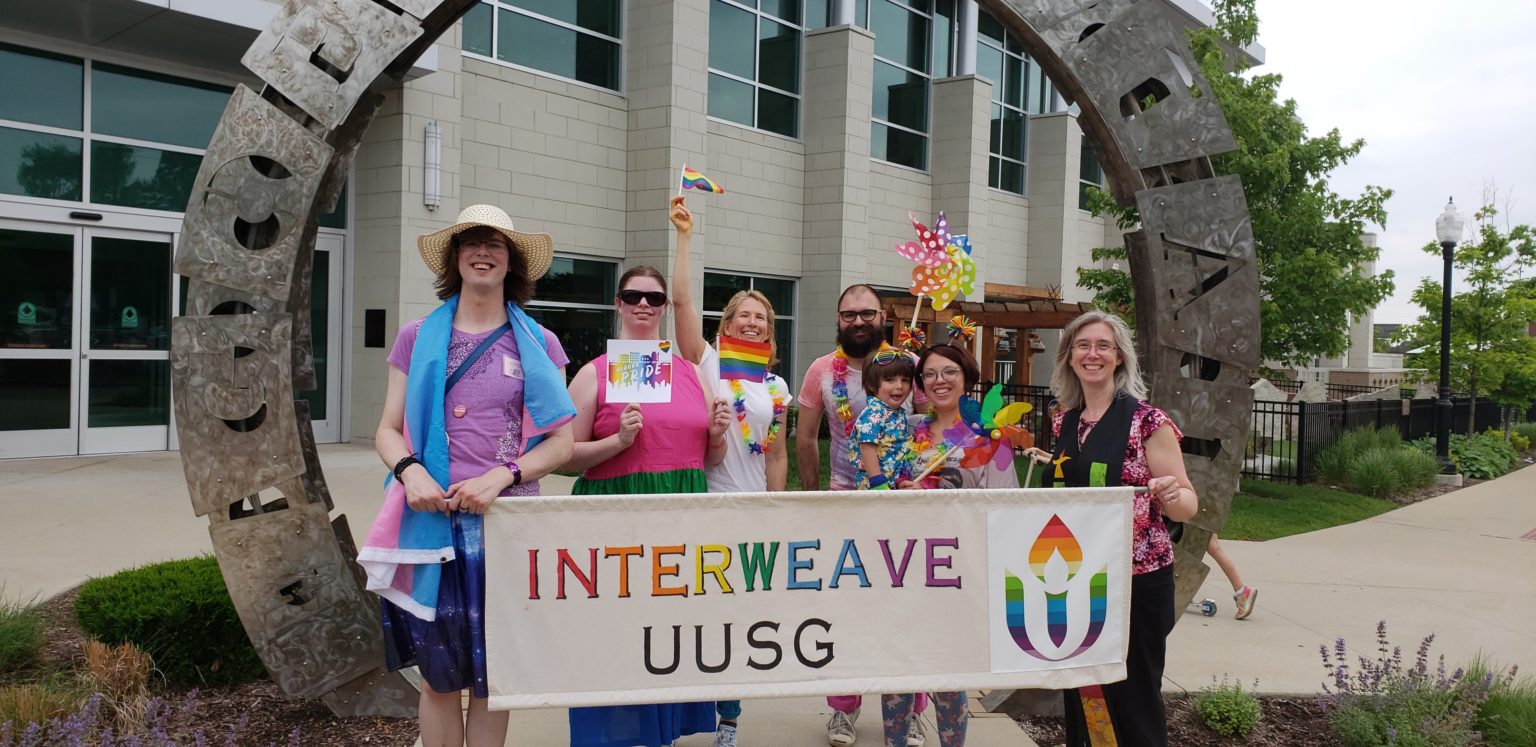
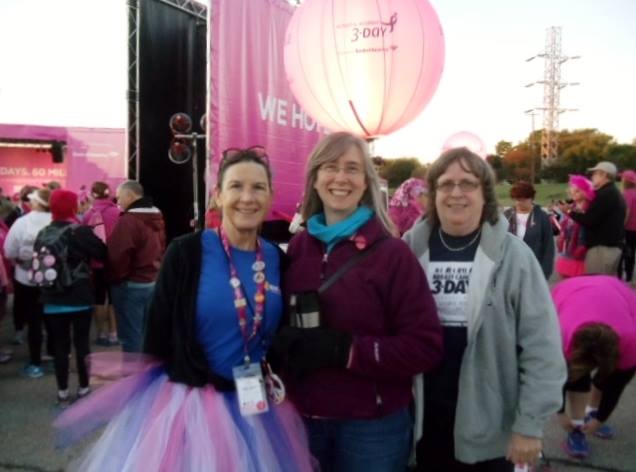
After 20 years of ordained ministry in a wide range of roles, I am looking for a ministry where a congregation and I can make a new commitment to mutual support and to bringing our faith into the world.
* * *
I believe that all people bring gifts to the life and mission of a congregation. . . . There is no church without the people. We create the congregation and the faith together in service to the larger purpose of transformational ministry. Such a shared ministry includes mutual engagement, honest and direct communication, a great deal of humor, and a strong sense of mission.
* * *
This nation and our world are in the midst of a profound moment of change unlike anything else in lived experience. The social, economic, environmental, and religious foundations of our lives will be radically altered in the next quarter-century. With Unitarian Universalism as a faith and in our congregations as multi-generational institutions, we have a particular opportunity to live out our values in the world, provide unique places of gathering, and call our human family to more compassionate, more sustainable, and more just relationships.
* * *
Nearly every congregation talks about growth. Most of the time the desire for growth comes from anxiety about membership numbers, children and youth registration, and, most often, money. Lasting growth comes from tending to the congregation’s sense of purpose and to the faith formation of all ages. This liberal religion has so much to offer, and passionate members and friends are the best advocates for inviting and welcoming people into our congregations.
* * *
I would like to continue my own and our denomination’s efforts at dismantling racism and oppression, stimulating multicultural work, and becoming more welcoming for those who have various forms of disability and for those who are LGBTQ+.
* * *
Healthy, successful congregations who are fulfilling their mission and living into their vision have capable, empowered staff to support and further their shared ministry. I bring a collaborative approach to staff leadership and a commitment to supporting staff as they share their particular gifts.
* * *
My work as a minister is to be able to consider our theological, social, and historical context along with the energy and direction of the congregation and be an active part of moving the congregation toward its goals and vision. The congregation’s work is to keep choosing the church and the larger possibility of our faith. Together the congregation and I address grief, systems of oppression, and systems of anxiety that prevent the members and friends from imagining a different, more abundant future. Especially in the last year of my previous ministry, I was able to describe a future based on how their passions showed up in conversation and in action. The most important tasks for everyone are to listen, to seek to understand each other, to act, to seek forgiveness when mistakes are made, and to try again.
* * *
Being in worship is our moment to be together in our spiritual journeys, to mark the passage of time, and to honor milestones of our individual and collective lives. Regular worship is a spiritual practice where the congregation can face the most profound questions about our purpose and our mortality.
To create worship, I evaluate the needs of the community, including learning styles, and develop a complete and connected theme and elements. When I am the preaching minister, I have primary responsibility for the quality of worship. Congregational worship thrives when there are multiple voices and a wide range of music, voice, and story. I enjoy collaborating on creating religious services with lay people and professional colleagues.
* * *
My ministry of pastoral care is a privilege unlike any other part of my vocation. Inherent in the pastoral relationship is access to the soft and tender places in each of us, where I am allowed to hear the joys, sorrows, crises, and celebrations. I try to say what is true, kind, and necessary.
Our relationships are the building blocks for religious community. We care for one another. Pastoral work is not mine alone. I seek to support and strengthen the paths of care already within a community.
* * *
As a minister, a teacher and as a student, I am committed to Religious Education as a life span experience.
One of my touchstones for establishing and evaluating children’s programs, as well as the faith development life of any congregation, comes from what is known in the UUA Southern Region as The Big Three: 1. Faith development is all we do. 2. Unitarian Universalism is all we teach. 3. The congregation is the curriculum.
The Big Three aid me as I consider everything in congregational life. . . . If Unitarian Universalism is worth the precious limits of our time, then the congregation’s task is to pass on our values and our sense of awe at that which is larger than ourselves.
* * *
I find youth ministry to be a powerful nexus of mission and passion. How congregations offer resources and foster healthy adult and youth leaders for the high school teens shows their commitment to sustaining the future of liberal theology. Having been part of a strong youth program as an interim DRE in 2017-2018, I learned once again how much the youth and their families are engines in the planning and day-to-day functioning of the congregation.
* * *
Music and the arts are an indispensable part of my personal life, my ministry, and my work with any congregation. My storytelling includes elements of dance and rhythm. When I start to sing while composing a sermon, I know I am on the right track. If I begin a sermon with song, members often mention how the music relaxes them and helps them be more open to the worship experience.
* * *
Clarity of roles, time needed, and expectations are essential to establish good boundaries and minimize the tendency for committee work to expand beyond what one body can or should handle. The foundation for strong volunteer support has two parts. First, volunteers must hold each other accountable to setting limits on their commitments. Second, the minister and the congregation need to provide resources for completing the work and foster gratitude for services rendered.
* * *
While it is important for a minister to be an active partner in congregational leadership, I do not attend all meetings of all committees or work groups. Presence in meetings is a matter of how to use a minister’s time and energy most effectively, especially in congregations that are growing or that seek to grow. Whether as a booster, as a resource or as an active decision maker, the minister’s leadership is crucial in fostering an empowered and healthy religious community with a clear message for the present and a vision for the future.
* * *
The ministers and program staff cheer on, provide resources and education, and represent the congregation in social justice efforts within the congregation and in public. The particular issues and general vision for social justice comes from the congregation. If the congregation is not engaged and enthusiastic, the effort is not sustainable. Fortunately, there are so many avenues for including social justice in congregational life, from letter writing, to marches, to working on the community garden that feeds the earth and fills the soup kitchen.
The ways in which a congregation includes social justice and advocacy into its sense of ministry is as important as the congregation’s choice of issues. Figuring out how to include people who want to participate in a day of witness at an historic site that is not wheelchair accessible is as much a part of the action as is learning about the reason for the witness. Learning about human struggle is a profound opportunity for adults, youth, and children to listen to each other’s perspectives and share stories that would otherwise be forgotten.
* * *
Building relationships between area faith traditions and between local organizers and elected officials are some of the best ways to have a tangible positive effect in the world. Unitarian Universalists often serve as a voice for faiths that are not Christian or are not present in ecumenical or interfaith groups. . . . I hope to be in a community where people of many faiths can share the struggles as well as the opportunities of being part of religious life.
* * *
Stewardship is about the resources to create the world we say we desire. . . . In every ministry, I strive to cultivate a sense of stewardship that goes beyond the annual budget drive. I advocate for stewardship that ripples out to the larger meanings of who we are as a congregation, as a faith, and what we bring to offer our larger message of hope to the world.
* * *
The emotional health of a congregation often is related to the members’ personal relationships with money. I am open to offering reflections on money and finances as part of faith development classes. Part of my ministry in finances includes addressing pastoral concerns and cultivating an atmosphere of abundance.
The financial health of a congregation also depends on its willingness to diversify its sources of income. Giving patterns are changing as many in the current leadership generation retire and the next generations have less financial security and have much shorter-term practices of making financial donations. In my next ministry, I hope to be part of creating multi-year financial plans that take these changes into account.
* * *
As a covenantal tradition, we are promise-making, promise- keeping, promise-breaking, promise-renewing people. Every relationship between ministers, individuals, and the congregation is based on faith in each other.
* * *
Having been raised a Unitarian Universalist, I approach ministry with the assumption that we will not all share the same theological beliefs. I also assume that this diversity of belief carries ongoing potential for mutual growth, challenge, and learning.
* * *
I consider myself a Unitarian Universalist with a focus on mystical humanism. I experience a very immanent spirit coming through all things, and a transcendent presence outside of our tangible senses and beyond our comprehension of the world. The immanent and the transcendent combine into a weaving of the powers of all life, including creation and destruction.
My faith foundations include world religions, especially Jewish, Christian, and Buddhist teachings, ethics and philosophy, as well as feminist and womanist theology and Earth-centered traditions. I encourage experimenting with a wide range of theological language, and I enjoy the stretching involved with the effort to speak with people in their theological frame. I respect my neighbor’s beliefs because I recognize the many paths of human understanding, and because to treat my neighbors with anything but respect violates my beliefs. I ask for the chance to be held accountable to my theology and how I articulate my beliefs. I ask for others to be accountable in the same way.
* * *
My leadership with Spirit Play is part of my service to our larger faith and its development. Spirit Play has had a significant influence in Unitarian Universalist congregations over the past 20 years. Hundreds of congregations across the continent have benefited from a method that provides a chance for children to pursue their deep questions in a classroom environment that fosters good stewardship and experience with our seven Principles.
I am open to any questions about Spirit Play and how this ministry fits with my life.
